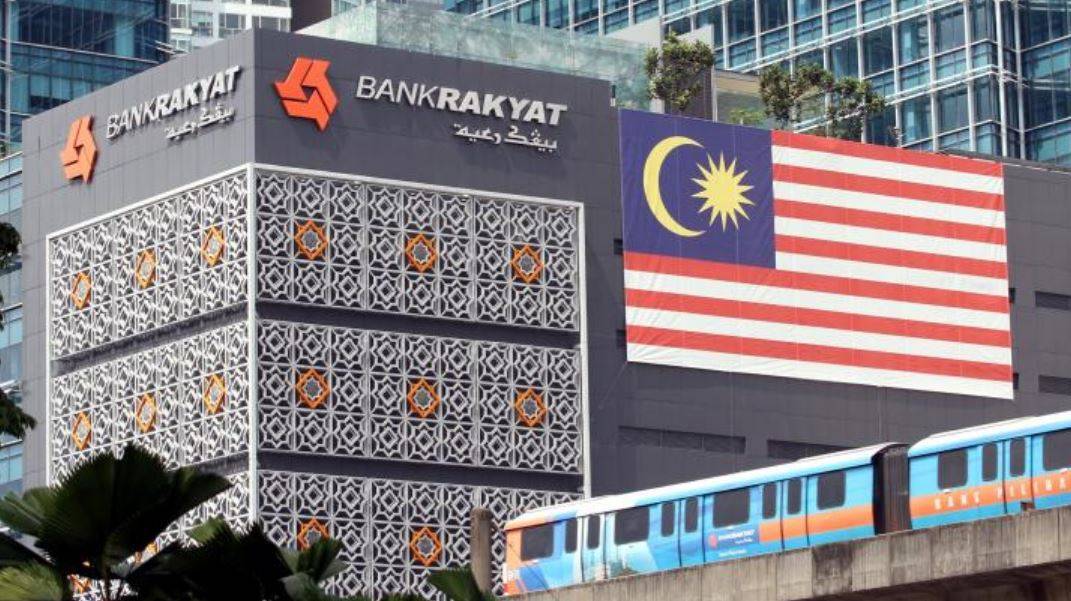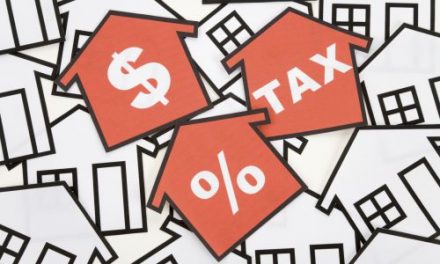BSN, Bank Rakyat allow repayment to be deferred due to coronavirus
Bank Simpanan Nasional (BSN) announced that its clients can apply for temporary deferment to repay their loans which could be affected by the 2019 novel coronavirus outbreak. “We understand the situation of our customers comprising entrepreneurs who may be affected as they are not able to deal with certain suppliers following the spread of the disease especially in countries at risk, ” said its chief executive Datuk Yunos Abd Ghani. Meanwhile, in a separate statement, Bank Rakyat chief executive officer Datuk Rosman Mohamed also urged affected customers to go to any Bank Rakyat branches to address their financial problems as a result of the coronavirus. Malaysia currently has recorded 18 positive cases of the virus. (The Star Online)
Coronavirus death toll passes 1,000 in China
The number of fatalities from the new coronavirus epidemic jumped to 1,011 in China on Tuesday after hard-hit Hubei province reported 103 new deaths. In its daily update, Hubei’s health commission also confirmed another 2,097 new cases in the central province, where the outbreak emerged in December. There are now more than 42,200 confirmed cases across China. The outbreak has prompted unprecedented action by the Chinese government, including locking down entire cities in Hubei as well as cutting transport links nationwide, closing tourist attractions and telling hundreds of millions of people to stay indoors. (The Star Online)
Mahathir to revive Malaysia Inc policy
The government will be reviving the Malaysia Incorporated Policy to enhance the close cooperation between the government and the private sector, said Prime Minister Tun Dr Mahathir Mohamad. “Through the various agencies involved in the foreign investment promotion such as Malaysian Investment Development Authority, Invest KL and Malaysia Digital Economy Corporation, the Malaysian government has established the necessary organs and facilities for the smooth running of foreign investments in Malaysia,“ he said. He added that the Malaysian government is committed towards providing a stable business environment for investors. Dr Mahathir said the government had focused on creating a stable economy, implementing good fiscal discipline as well as good governance, ensuring transparency in doing business, removing corruption and launching institutional reforms. He pointed out that the country’s economy has been forecast to grow by 4.5% this year despite the ongoing challenges. He also noted the importance of talent management. (The Sun Daily)
Singapore property rule easing may be start of regulatory shift
Singapore’s decision to remove a restriction on home builders may be the the first step to unwinding cooling measures on the sector, according to analysts. Publicly listed housing developers with a “substantial connection to Singapore” will be exempt from the requirement to complete development within five years and sell all units in a project within an extra two years, the Ministry of Law and Singapore Land Authority said. Still, the government said it isn’t making changes to existing property market cooling measures and all developers will continue to be subject to the prevailing Additional Buyer’s Stamp Duty. (The Edge)
BLand to undertake a RM3.05 billion mixed-development project in Myanmar
Berjaya Land Bhd’s (BLand) subsidiary BDS Smart City Co Ltd (BDS) will undertake a housing and mixed project on a 183-acre land with a GDV of US$746.08 million (RM3.05 billion) in Yangon, Myanmar. BLand said it has entered into a concession agreement with the government of Yangon Region (YRG) to formalise collaboration for the proposed development. It added the gross development cost (GDC) for the project is estimated at US$614.92 million (RM2.52 billion) with an estimated profit before taxation of about US$131.16 million (RM536.44 million). BDS has proposed to undertake a public housing and mixed development project on the land including, inter-alia affordable housing, medium costs apartments, high end condominiums and commercial units comprising shoplots, shophouses and the farmer’s market, and institutional facilities to be built over three phases. The project is expected to be developed over a period of nine years. (NST Online)





